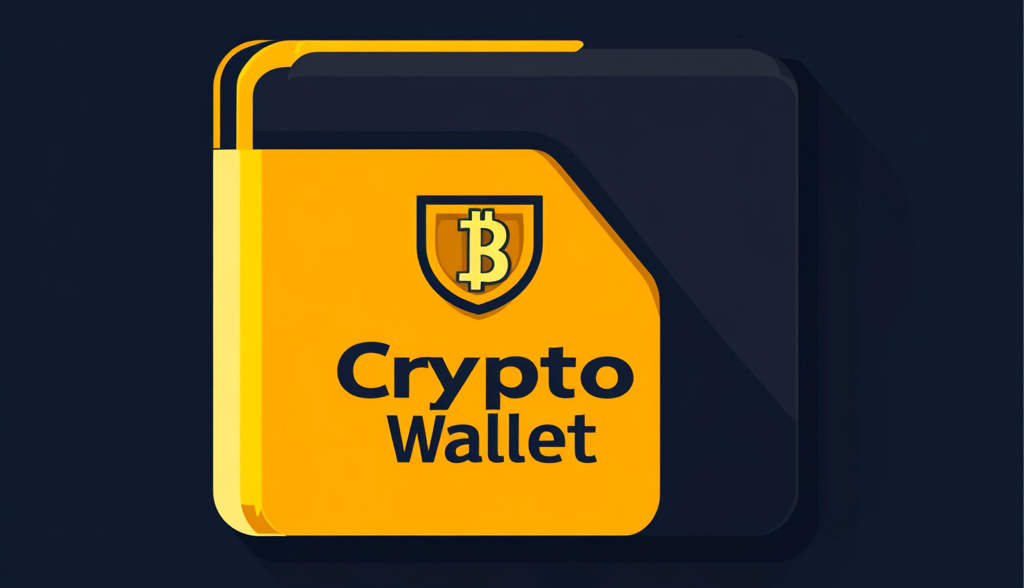A Wallet on Web 3

Different types of Web 3 wallets available !
First of all, what is a Web.3 wallet?
It’s software that allows you to securely store your cryptocurrencies and carry out transactions on the blockchain. Unlike traditional wallets, these are compatible with decentralized technology and can interact directly with smart contracts.
One of the most popular Web.3 wallets is MetaMask. It’s a browser extension (available for Chrome, Firefox, Brave and Edge) that lets you easily interact with the Ethereum blockchain. With MetaMask, you can create multiple receiving addresses, manage your private keys, sign transactions and access decentralized applications (dApps). What’s more, it supports the ERC-20 and ERC-721 tokens.
However, it’s important to note that, like any browser-based wallet, MetaMask does not offer the highest level of security. For optimum security, we recommend the use of a cold wallet, such as Ledger.
Cold wallets are physical devices that never connect to the Internet, offering additional protection against hacking. The best-known models are Ledger Nano S and Ledger Nano X. They support several hundred cryptocurrencies, including Bitcoin, Ethereum, Polygon and more. By using a cold wallet, you retain full control of your digital money without compromising its security.
In short, if you’re looking for a simple, convenient way to manage your digital assets, opt for a Web.3 wallet like MetaMask.
If you prioritize security above all else, consider investing in a hardware wallet such as Ledger to ensure the utmost safety for your digital assets.

Non-Fungible Tokens or NFTs
Non-Fungible Tokens (NFTs) are unique digital assets stored on a blockchain, often used to represent ownership of items such as artworks, collectibles, and virtual real estate. Unlike fungible tokens like Bitcoin or Ethereum, which have identical values, each NFT is distinct and can be bought, sold, and traded much like physical collectibles.
Both MetaMask and Ledger support the storage and management of NFTs, making them popular choices among users who own these unique digital assets. With MetaMask, you can view, send, and receive NFTs directly within the browser extension. Many marketplaces that sell NFTs, such as OpenSea and Rarible, also integrate with MetaMask, allowing you to purchase new NFTs quickly and easily.
Similarly, Ledger supports the storage of NFTs through its integration with various software wallets, including MyEtherWallet and Ledger Live. By connecting your Ledger device to one of these software wallets, you can manage your entire collection of NFTs securely, without exposing yourself to online threats.
When it comes to managing NFTs, there are a few key factors to keep in mind:
- Security: As with any valuable asset, ensuring the security of your NFTs should be a top priority. Cold wallets like Ledger offer the highest level of protection against hackers and other cybercriminals.
- Accessibility: If you plan to frequently buy, sell, or trade your NFTs, using a hot wallet like MetaMask may be more convenient due to its ease of use and compatibility with various marketplaces. However, if you prefer to store your NFTs long-term, a cold wallet may be a better option.
- Compatibility: Not all wallets support every type of NFT, so it’s essential to choose a wallet that is compatible with the specific NFTs you own. Both MetaMask and Ledger support the most common NFT standards, including ERC-721 and ERC-1155 on the Ethereum network.
By understanding the benefits and limitations of different wallet options, you can make an informed decision about which solution best meets your needs when it comes to storing and managing your NFTs.












